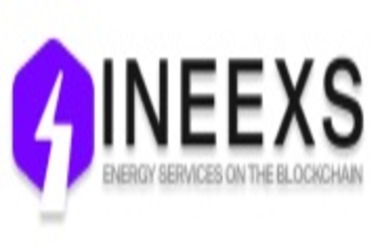
Particular emphasis will be placed on the development of business models and contractual schemes that facilitate the implementation of sector-integrating smart energy services and the deployment of a vast array of sustainable technologies, such as renewables, electric vehicles (EVs), heat pumps, internet of things (IoT) controls, and other energy efficiency measures.
As a result, the initiative aims to remove obstacles to the broader implementation of energy efficiency and demand flexibility solutions, such as data sharing, in order to support the EU Energy Efficiency Directive’s goals (Article 7). The Center for European Energy and Climate Policy is in charge of INEEXS, which is funded by EU money (IEECP).
Other group members include HERON, National Technological University of Athens, and domX (Greece), ESCAN, Enercoop, and Verdia Legal (Spain), Berliner Energieagentur and OFFIS (Germany), Inlecom Group (Belgium), HIVEN (Finland), and Energy Web Foundation (United States) (Switzerland).
“If we are to handle the fundamental issue of changing the energy system, engaged market players must develop creative and suitable business models,” says Filippos Anagnostopoulos, senior assistant at IEECP and project supervisor. “The INEEXS initiative provides energy merchants, energy communities, technology developers, energy agencies, and real estate businesses with a one-of-a-kind chance to verify, duplicate, implement, and carry out tangible technological solutions with possibly revolutionary effects.”
The initiative intends to implement and evaluate various business models in four distinct EU states over the next three years in order to provide broad regional coverage and disparate contexts, such as in legislation.
- Energy performance outsourcing with pay-for-performance assurances for ESCOs for the restoration of government-owned structures in Berlin, Germany.
- Better self-consumption of dispersed energy resources in energy groups through behavior-impact prompts/nudges to be applied in Crevillent, Spain.
- Implementation of energy optimization and adaptability services for existing natural gas furnaces in Athens, Thessaloniki, Larisa, Trikala, and Volos.
- Automated energy management for electric vehicle (EV) charges and electricity-powered Ventilation equipment by energy providers, site to be determined.
A hypothetical fifth business scenario is a decentralized virtual power plant that investigates the application of distributed ledger technologies to combine dispersed energy efficiency measures using pay-for-performance methods in order to engage in energy markets.